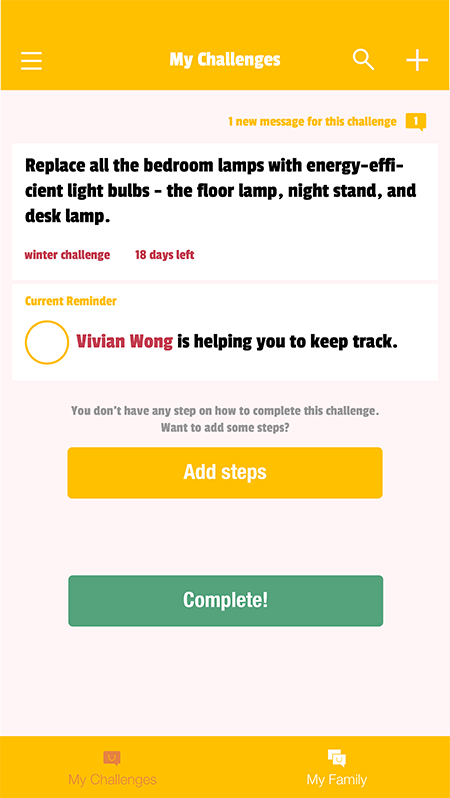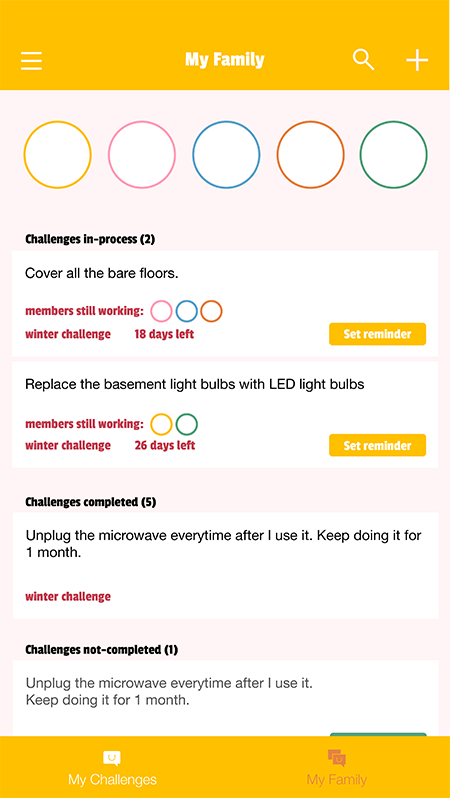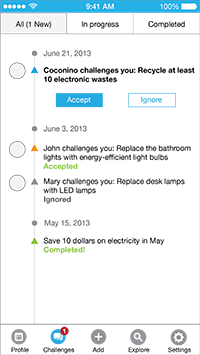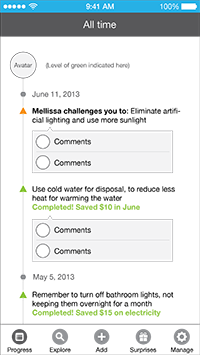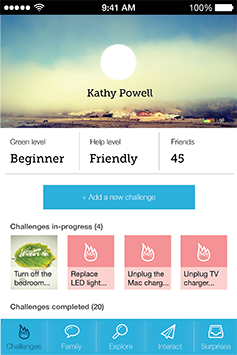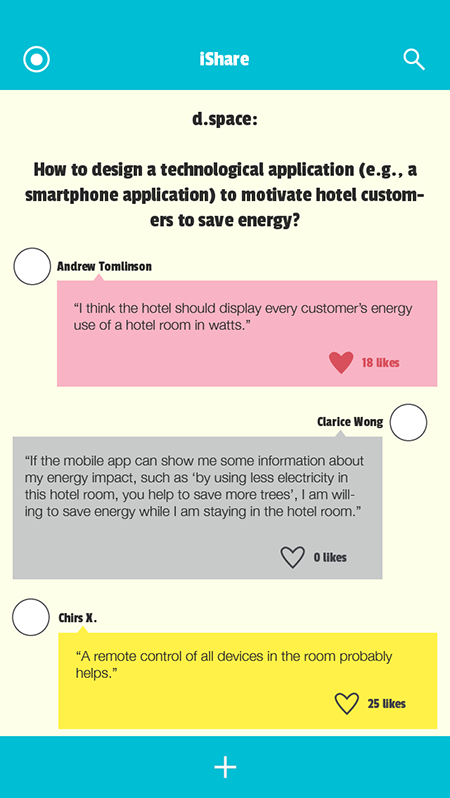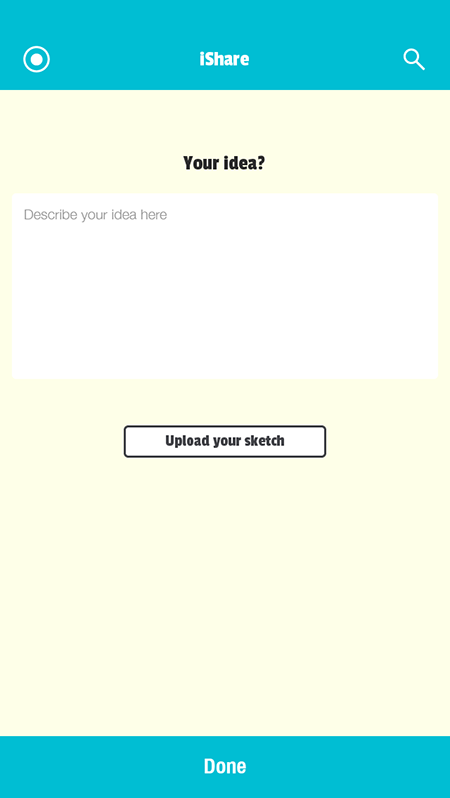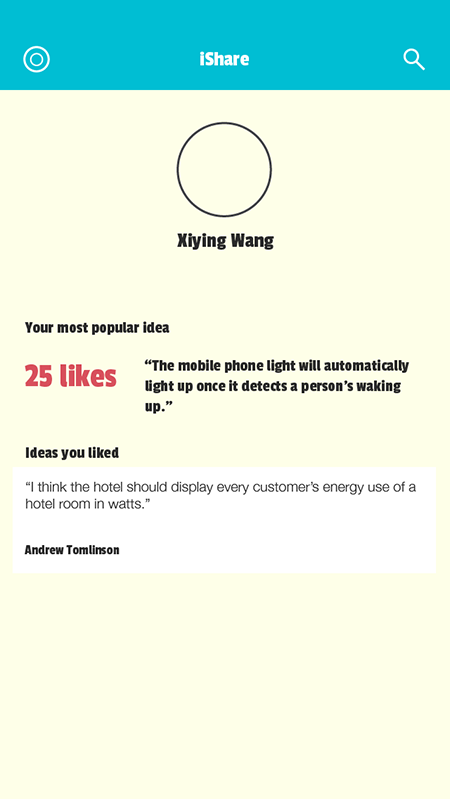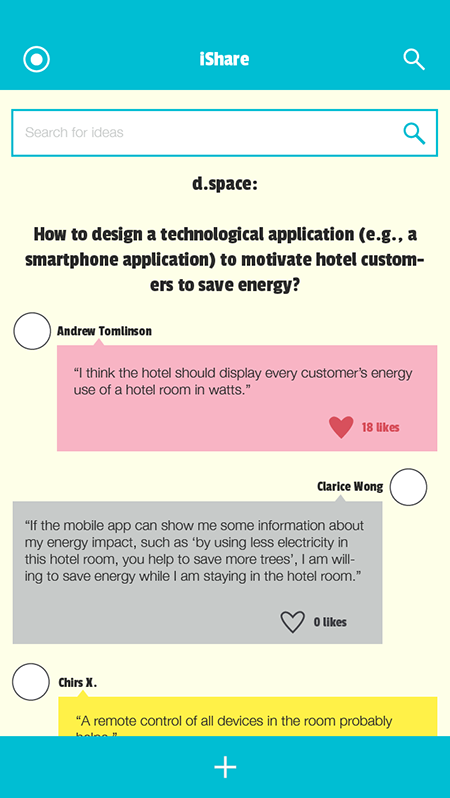Xiying Wang | 王西滢
user experience + mobile, wearable, and IoT + quality of life
Research Statement
Energy consumption is directly related to personal activities and experiences in our daily life. Many times, it is up to the individuals to decide when, how, and why to user energy, depending on how they feel and experience at that moment. Sometimes, use of energy brings in personal comfort (Wang & Fussell, 2014), e.g., having air conditioning in a hot summer. Sometimes, energy consumption creates a sense of secure (Wang & Fussell, 2014), e.g., leaving a light on in a dark night. By taking people’s experiences of using energy into consideration, we can be more successful in persuading sustainable behavior change that facilitates the reduction in energy consumption.
I attempt to understand personal experiences of consuming energy and explore the design opportunities of using mobile technologies to support sustainable behavior change based on energy-consuming experiences. There are three key focuses. First, it is the attempt of understanding individual energy consumption behaviors, expectations, values, and experiences of energy use, e.g., how do people feel, experience, and what do they expect when using energy.
Second, I want to understand the role of mobile technologies in sustainable behavior change, e.g., how to design mobile applications to motivate sustainable behavior change, what are the motivational strategies, how to convert them into design. Third, I plan to design a set of mobile applications and evaluate them with real users, to reflect design choices and open up broader discussion for behavior change design, e.g., how do real users think about the design, what design strategy works and what doesn’t, and why.
My research involves mixed methods (both quantitative and qualitative) to understanding people’s experiences of consuming energy, a set of design activities (e.g., brainstorming, sketching, wireframing, prototyping, and building) to design mobile applications based on the previous findings, and user studies to evaluate designs with real users which may involve design iteration (redesign).
References: Wang, X., & Fussell, S. R. (2014). Mobile designs to support user experiences of energy conservation in hotels. MobileHCI 2014.
EnergyHome: A Mobile Application to Motivate Sustainable Behavior Change
HCI, UX, Behavior Change, Mobile Design | 2014-Present
My on-going research is a design evaluation of a mobile application for motivating sustainable energy behavior among housemates, those who are sharing a living space together. Supervised by my advisor Sue Fussell, I am trying to understand the following aspects: 1) mobile design elements that are effective for motivating energy conservation, and elements that do not have any influence; 2) mobile design elements that are influential for increasing awareness of energy conservation, in particular, collaborative energy conservation vs. individual energy conservation; 3) user experience of interacting with such mobile application; and 4) whether or not the mobile application helps to establish energy-saving behaviors. In 2014, I designed a mobile application called EnergyHome and built this application with three Cornell students (Yu Li, Tony, and Donald). In order to test the design, I conducted a set of evaluation study
including: pre-surveys to understand people’s attitudes, values, and decisions of energy use, diary studies with the use of the mobile application for a week, to understand people’s use of it in situ, post-surveys to compare behaviors before and after using the application, and interviews to further understand people’s feedback and experiences of the application. The application is currently understand construction (working with Chris). As next step, I am planning to investigate the experiences, values, attitudes, and expectations of energy use in different cultures, e.g., China vs. United States, to find out if there is cultural difference in consuming energy. By evaluating EnergyHome in different culture, I try to see if motivational strategies are different by culture and investigate the opportunities for designing persuasive sustainable technology with a respect for cultural differences and similarities.
Supporting Experiences of Energy Conservation in Hotels
HCI, UX, Mobile Design | 2014-Present
This project aims to understand how and why hotel customers use energy in a hotel room and discuss the opportunities for designing technological tools to motivate behavior change. Supervised by my advisor Sue Fussell, I conducted diary studies and interviews with both leisure and business travellers. I asked how they managed energy use, what made them consume energy, how they felt about energy consumption, and what might motivate them to use less energy in the hotel. Several key factors were found to influence hotel customers’ energy consumption: energy use is a way to prepare for the unknown and prevent insecure feeling, e.g., leaving a light at night for preventing stepping onto something, energy use brings in comfort and a sense of luxury, energy use is influenced by other hotel customers and personal reflections. Details are presented and published in MobileHCI’14 (Wang & Fussell, 2014).
As next step, I am currently designing two mobile applications for energy conservation with the consideration of people’s energy use experiences, and building them with Chris.
TweetDrops: A Visualization to Foster Awareness and Collective Learning of Sustainability
HCI, Web Data, Visualization | 2013-2014
Whether or not you are paying attention to sustainability, you may become interested in it by reading about it online, or learning sustainable knowledge from others. Advised by Dan Cosley, I designed a system called TweetDrops, which is designed to draw people’s attention to the issue of sustainability and to help them to learn sustainability-related knowledge by using an aesthetic visualization of qualitative data about sustainability attitudes and practices drawn from Twitter.

